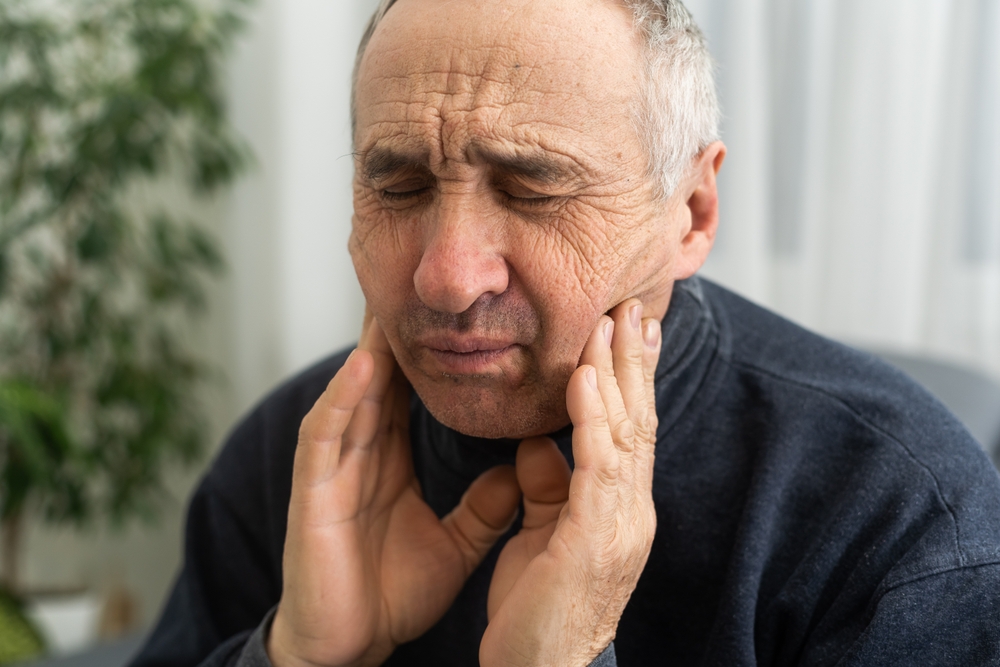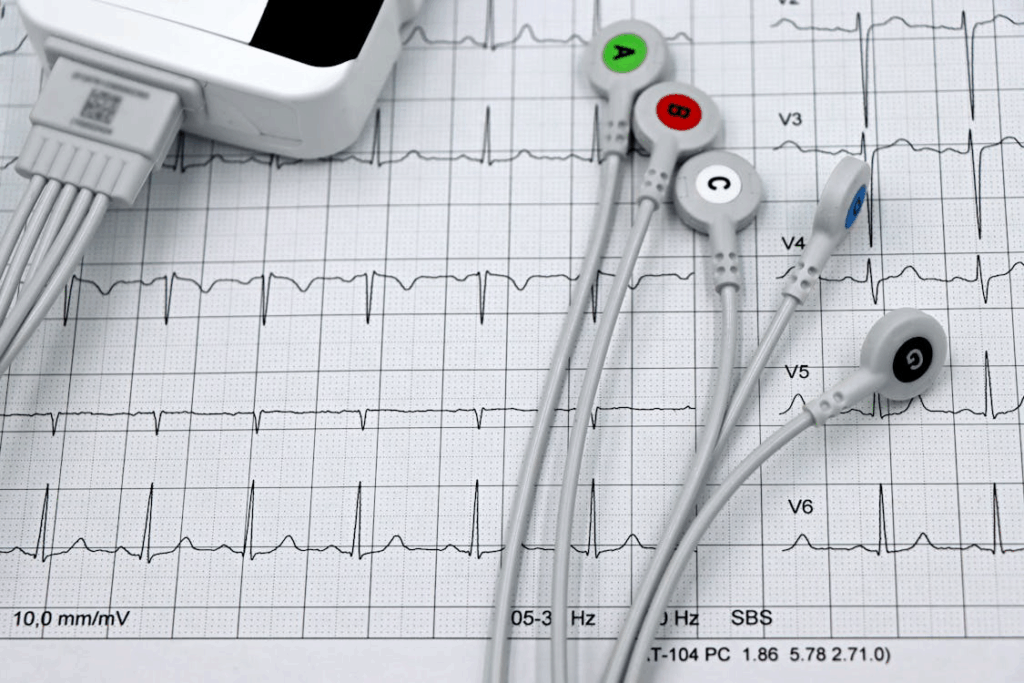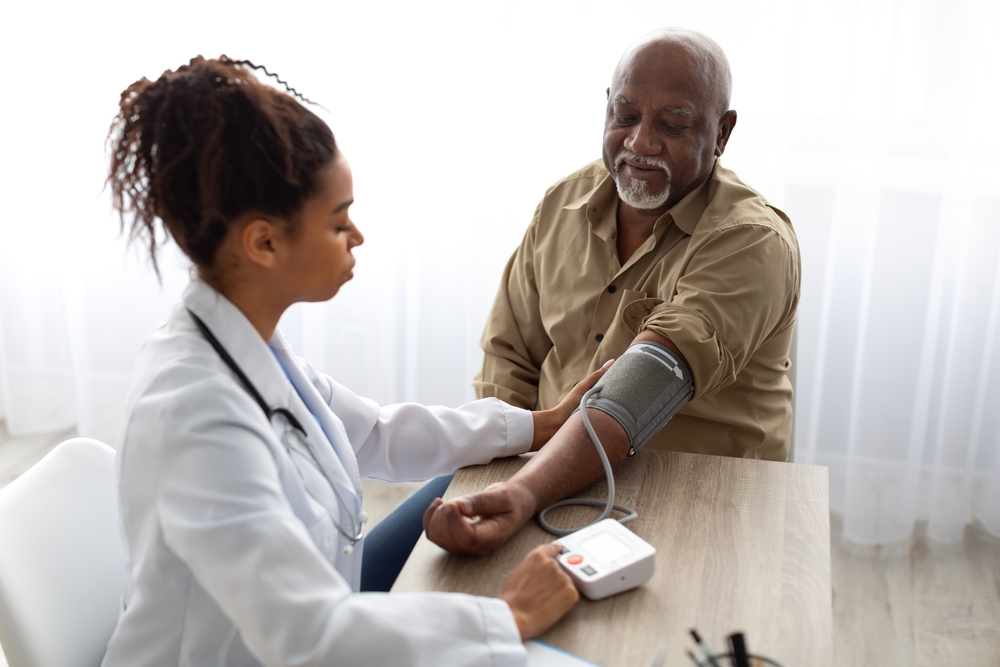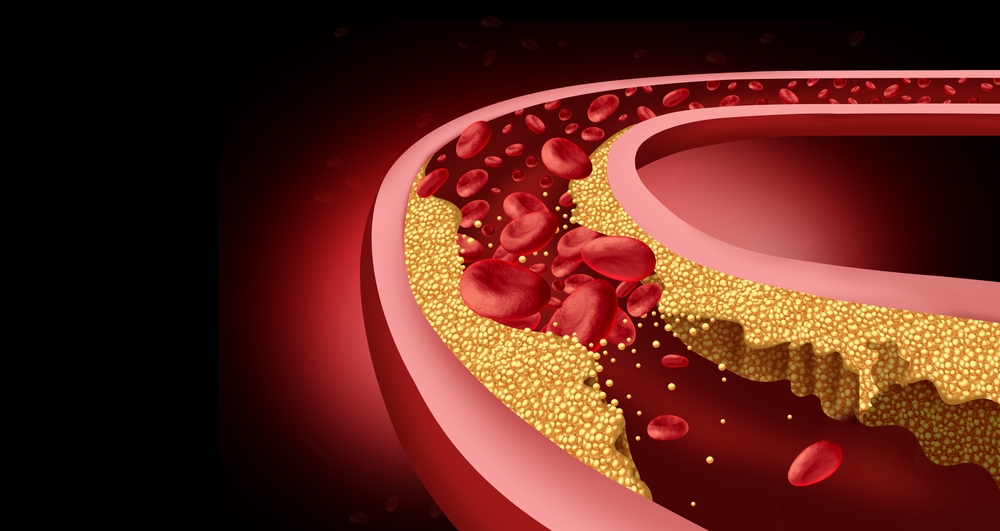Heart disease remains one of the leading health issues worldwide, and clogged arteries often play a major role in that risk. Arteries are like highways for your blood, carrying oxygen and nutrients where your body needs them. When those pathways narrow because of plaque buildup, circulation suffers. This can eventually lead to serious events like heart attacks or strokes. The tricky part is that clogged arteries often progress quietly for years. Small warning signs may appear, but many people brush them off as unrelated annoyances. By recognizing symptoms early, you can take steps to protect your long-term health. Paying attention now can help you avoid more dangerous complications later. Here are ten signs that should never be ignored.
Chest Pain or Tightness

Chest pain is one of the most obvious warnings of blocked arteries. The pain might feel like pressure, heaviness, or squeezing, and it may spread into the arm, neck, or jaw. Some people mistake it for indigestion or stress, but it often signals restricted blood flow to the heart. When the heart cannot get enough oxygen-rich blood, discomfort builds. Sometimes the pain lasts only a few minutes and disappears with rest. Other times, it lingers and intensifies. Either way, ignoring chest pain can put your health at risk.
Tip: Always seek medical attention if chest pain is new, worsening, or comes with shortness of breath.
Fatigue That Feels Unusual

We all get tired, but clogged arteries can cause fatigue that feels different. Even small tasks, like climbing stairs, may suddenly leave you worn out. When blood struggles to flow efficiently, your organs and muscles receive less oxygen. This lack of fuel makes everyday activities feel draining. Unlike regular tiredness, this fatigue doesn’t go away with extra sleep or coffee. It can be persistent, frustrating, and confusing. If exhaustion seems to strike out of nowhere, your circulation may need checking.
Tip: Track when the fatigue occurs, especially if it worsens during physical activity.
Pain in the Legs or Feet

Restricted blood flow doesn’t just affect the heart. Arteries in the legs and feet can also become blocked. This can cause cramps, pain, or a heavy feeling, particularly while walking or exercising. The discomfort usually eases when you rest but returns as soon as you move again. Doctors often call this peripheral artery disease. It signals that plaque is limiting circulation beyond the chest area. Ignoring the problem could put you at risk of further complications.
Tip: Pay attention if leg pain always happens during activity but stops at rest, as this is a red flag.
Shortness of Breath

Feeling like you can’t catch your breath can be a sign of clogged arteries. When blood flow is restricted, the heart works harder to keep oxygen moving. This strain may leave you winded after mild activity or even while resting. Some describe it as tightness in the chest, others as constant air hunger. It’s easy to dismiss as being out of shape, but clogged arteries can be the hidden reason. The longer it goes unchecked, the greater the risk to your heart. Breathing should feel natural, not like a constant effort.
Tip: If breathlessness appears suddenly or worsens quickly, get medical help immediately.
Numbness or Weakness in the Limbs

When arteries leading to the brain or limbs are narrowed, circulation suffers. This can result in sudden numbness, tingling, or weakness in the arms or legs. Some people notice one side of the body is affected more than the other. These changes may come and go, which makes them easy to dismiss. However, they can indicate that your body is not getting enough blood flow where it matters most. Ignoring these warning signs raises your risk of stroke or lasting damage. Prompt evaluation is critical.
Tip: Treat sudden weakness or numbness as urgent, especially if paired with slurred speech or vision problems.
Cold Hands and Feet

Poor circulation can make your extremities feel unusually cold. Even in warm environments, hands and feet may feel chilly to the touch. This happens when narrowed arteries can’t supply enough warm blood to the smaller vessels. It can also cause a pale or bluish appearance in the skin. While cold hands and feet are common in many conditions, circulation problems should not be ruled out. Paying attention to this subtle signal may reveal bigger issues. Chronic coldness is not something to ignore.
Tip: Keep track if one foot or hand is colder than the other, as uneven circulation is a serious clue.
Dizziness or Lightheadedness

Clogged arteries can interfere with blood flow to the brain. This may cause dizziness, balance problems, or feeling faint. Many people blame these symptoms on dehydration, standing up too quickly, or stress. While those factors play a role, circulation issues can also be responsible. If the brain does not get enough oxygen, it struggles to function properly. Dizziness that occurs often or lasts longer than a moment should not be ignored. It’s your body’s way of signaling trouble.
Tip: Seek medical advice if dizziness happens repeatedly, especially with other cardiovascular symptoms.
Trouble Sleeping or Sleep Apnea

Clogged arteries can sometimes contribute to sleep problems, especially sleep apnea. When blood flow is restricted, oxygen levels in the body may drop during rest. This can lead to frequent waking, snoring, or feeling tired even after a full night’s sleep. Sleep apnea is more than just a nighttime annoyance, it puts extra stress on the heart. Over time, this stress can worsen circulation problems and increase cardiovascular risks. Many people don’t realize that sleep quality can reflect heart health. Addressing sleep issues early may help protect your arteries.
Tip: If poor sleep or heavy snoring is consistent, a medical checkup can rule out circulation-related causes.
Jaw or Neck Pain

Clogged arteries can sometimes cause discomfort beyond the chest. Pain in the jaw, throat, or neck can be linked to restricted blood flow. Some people mistake it for dental issues or muscle strain. However, the pain may actually signal the heart is under stress. Women especially may experience less typical symptoms like jaw or back pain instead of chest pressure. Because the pain can mimic other problems, it’s important not to ignore it. Early evaluation makes a big difference.
Tip: Seek care if jaw pain is accompanied by chest discomfort or fatigue.
Irregular Heartbeat

Plaque buildup can disrupt normal circulation and cause the heart to beat irregularly. You may feel fluttering, pounding, or skipped beats. These sensations may come and go but should never be ignored. When the heart struggles to pump efficiently, it signals deeper issues. Sometimes arrhythmias are harmless, but clogged arteries can make them more dangerous. Monitoring your heartbeat gives valuable clues about your overall cardiovascular health. Any consistent change is worth discussing with a doctor.
Tip: Keep a record of when palpitations happen, especially during activity or stress.
Taking Care of Your Arteries Before It’s Too Late

Clogged arteries don’t develop overnight, and that means you have time to act. Many of the warning signs above overlap with other conditions, which is why they’re easy to overlook. The key is not to dismiss persistent or unusual symptoms, especially if they involve circulation or heart function. Staying proactive with your health makes a huge difference. Regular checkups, healthier eating, and exercise all lower your risk of plaque buildup. Even small lifestyle changes can protect your arteries for years to come. Paying attention to your body is one of the most powerful steps you can take. By treating these signals seriously, you give yourself the best chance at a longer, healthier life.
Disclaimer: This information is not intended to be a substitute for professional medical advice, diagnosis or treatment and is for information only. Always seek the advice of your physician or another qualified health provider with any questions about your medical condition and/or current medication. Do not disregard professional medical advice or delay seeking advice or treatment because of something you have read here.
Disclaimer: This article was created with AI assistance and edited by a human for accuracy and clarity.
Read More: Promising Research Finds New Strategy to Prevent Clogged Arteries

